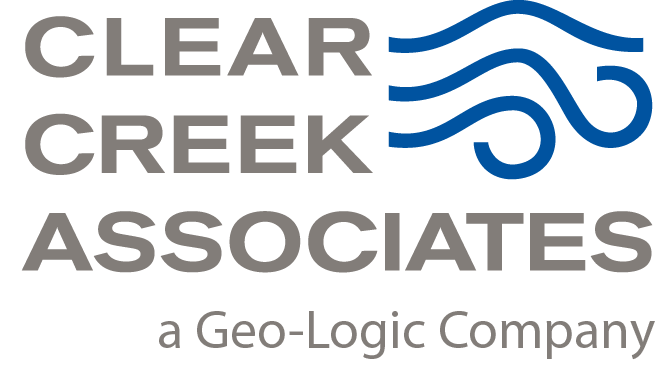
The 2025 Arizona Hydrological Society (AHS) Annual Symposium will take place on October 1 through October 3, 2025, in Scottsdale, Arizona.
Among the technical sessions on water science, technology, and policy, Hydrogeologists Geno Mammini and Dustin Graves will be presenting “Siting, Design, and Permitting Challenges from a Newly Permitted Underground Storage Facility” and “Applied Recharge Effects on Solute Transport in the Vadose Zone and Potential Groundwater Impacts,” respectively. Principal Hydrogeologist Marvin Glotfelty, RG, will be instructing Fundamentals of Water Wells Workshop. Staff who will be attending, and present at exhibit S15 include Travis Geringer, Ben McNabnay, and John Villinski, who serves as AHS Treasurer.
Abstracts
Siting, Design, and Permitting Challenges from a Newly Permitted Underground Storage Facility
Presented by Geno Mammini, RG
Underground Storage Facilities (USFs) are an excellent means for storing excess water supplies so that they may be used to augment future supplies. USF permitting is required for water to be stored in an aquifer through percolation basins, vadose zone wells, Aquifer Storage and Recovery (ASR) wells, streams, washes and/or a combination of thereof. This presentation will detail key components and lessons learned from a recently permitted USF in the Phoenix area, where numerous logistical and hydrologic challenges were encountered, including: siting within an existing master planned community, limited land availability, low subsurface permeability, overhead utilities, groundwater quality concerns, accurate accounting/metering needs for multiple water sources, and the development and programming of 9 separate recharge operation scenarios. This presentation is recommended for any individual interested in managed aquifer recharge (MAR) projects and gaining insight on the wide range of challenges that often arise while designing and permitting a MAR project.
Applied Recharge Effects on Solute Transport in the Vadose Zone and Potential Groundwater Impacts
Presented by Dustin Graves, RG
The use of infiltration basins or vadose zone wells for managed aquifer recharge is a common practice in Arizona, especially for treated effluent from Water Reclamation Facilities. Effluent (now commonly referred to as reclaimed water) used for recharge is typically treated to water quality standards that are as good as or better than the ambient groundwater quality of the receiving aquifer(s). In some cases, however, compliance monitoring data following the introduction of new recharge applications may reveal an increase in concentrations of select dissolved solutes in the groundwater which may ultimately exceed the Arizona Aquifer Water Quality Standards. This phenomenon has been attributed to an initial flushing of solutes, including nitrate, from the vadose zone. This can lead to regulatory challenges and a perception of potential aquifer degradation which violates Arizona’s Aquifer Protection Permit rules. Assuming the quality of the reclaimed water is superior to that of the native groundwater, continued recharge should ultimately improve the overall groundwater quality once the solutes within the vadose zone have been depleted. This presentation will detail a case study of this occurrence in the West Salt River Valley, discuss challenges with predicting future water quality changes from continued recharge, and will introduce a site conceptual model with potential mechanisms for explaining the phenomenon of groundwater quality impacts.
Fundamentals of Water Wells Workshop
Instructed by Marvin Glotfelty, RG
Water wells are a critical part of any groundwater supply system, but each individual well has a unique structure and was installed using one of several potential drilling/construction techniques. Moreover, each well receives groundwater from the unique and site-specific hydrogeologic environment in which it was drilled. The manner in which a well is designed, drilled, constructed, developed and subsequently operated will have a substantial impact on the well’s overall performance and value – both in terms of water productivity and efficiency, and water quality. This workshop will provide a logical progression of design concepts and analytical techniques to provide attendees with a familiarity of methods and perspectives that will help guide them through the maze of well design/construction alternatives and pitfalls.
